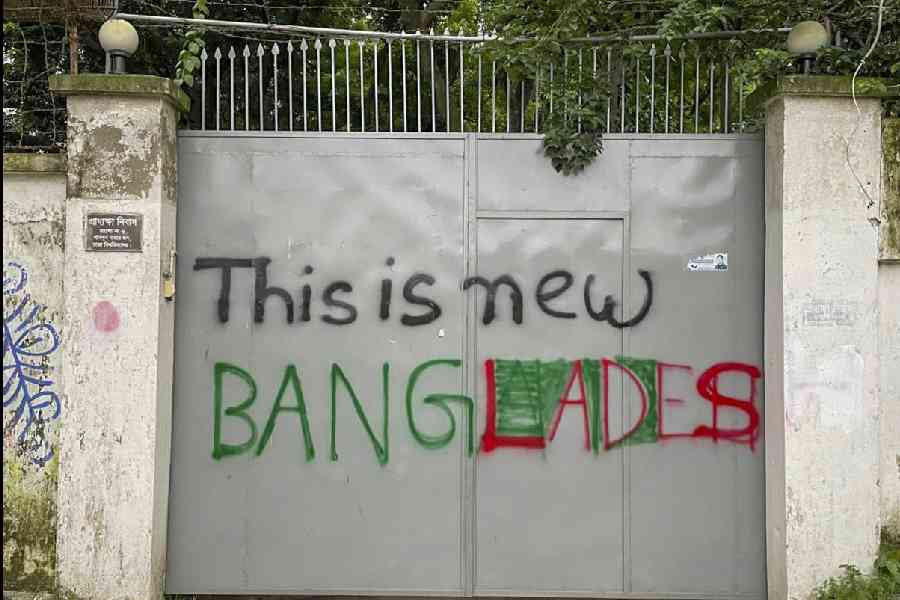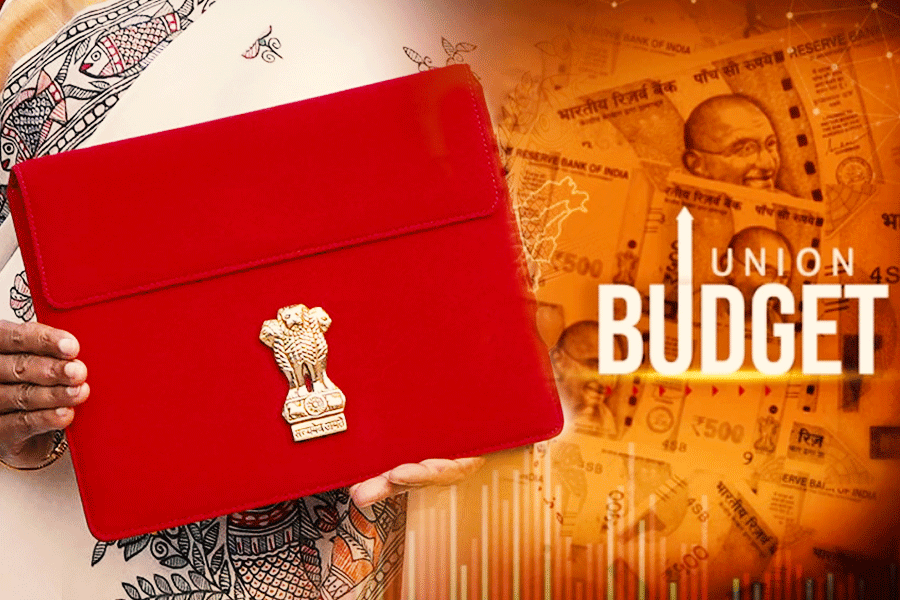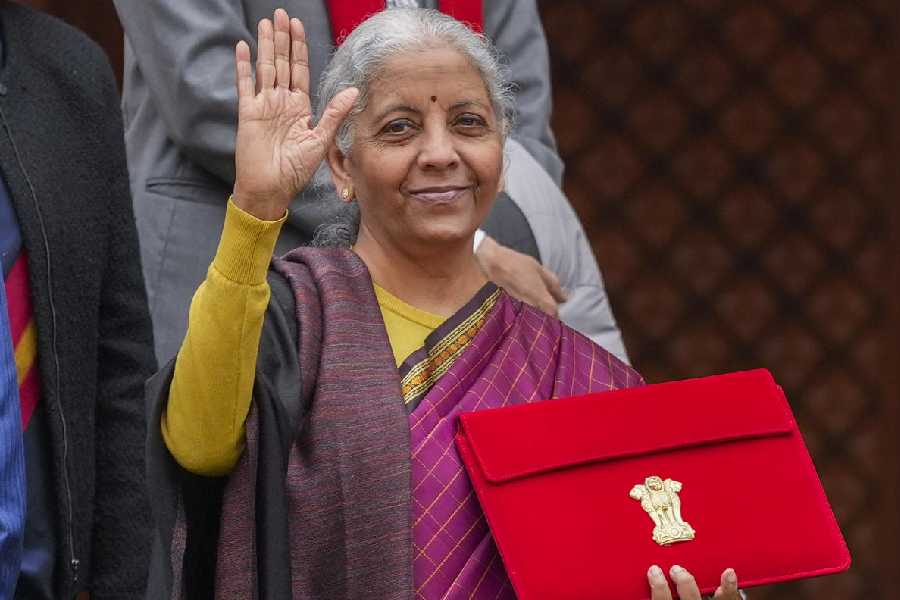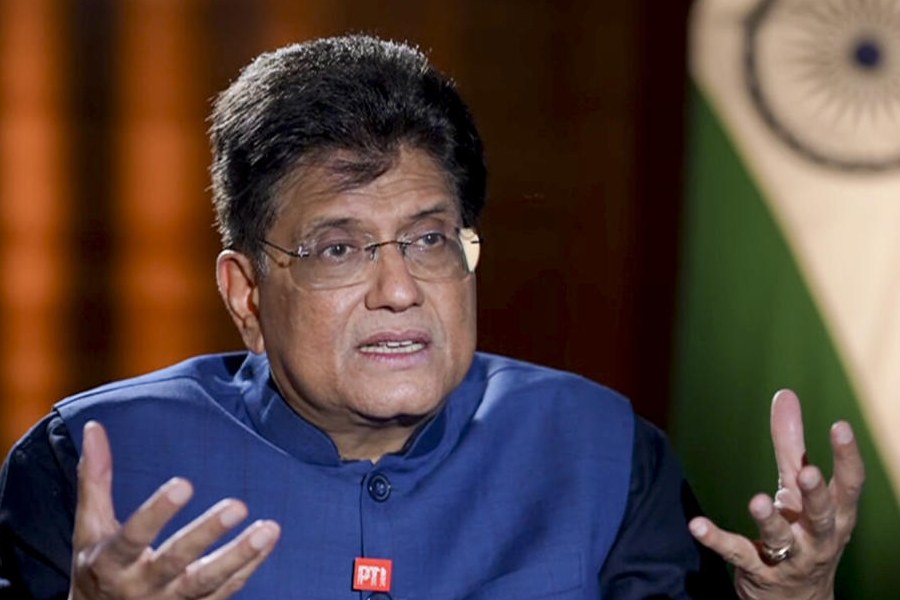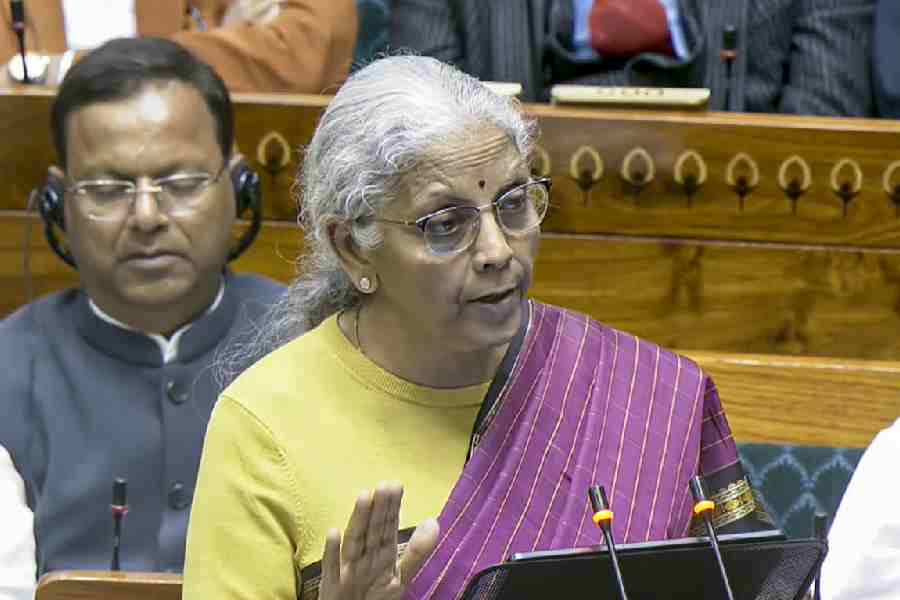Those in West Bengal who recall the nervousness that gripped Calcutta in the final months of the short-lived second United Front government in 1970 may find eerie similarities with the Dhaka of today. Nearly 10 months after a mass insurrection forced the collapse of Sheikh Hasina’s government and the installation of an interim government headed by the Nobel Prize winner and NGO activist, Muhammad Yunus, Bangladesh is see-sawing between uncertainty and disarray. With civic disruption the order of the day, ordinary people lead a terrified existence. By nightfall, the streets belong to hoodlums, many flaunting the banners of political parties.
The country that had once been cited by overpaid development economists as South Asia’s great success story has seen its economic indicators plummet in the wake of unending political uncertainty over the country’s future. From somewhere around 8% GDP growth during the Hasina years, the present growth projection is now around 3.5%. Particularly hard hit has been the garments industry, once the pride of Bangladesh, and contributing some 84% of its export earnings. According to a January 2025 report by Apparel Resources, at least 76 garments factories have downed shutters and around 50,000 workers, mainly women, have been laid off. The trans-shipment restrictions imposed by India after Yunus’s needlessly provocative comments on the apparent vulnerability of India’s Seven Sisters are said to have put an additional burden of taka 2,000 crore on Bangladesh’s exporters. Amid whispers of massive flight of capital and hasty departures from the country by the well-off fearful of ‘mob rule’, attempts to talk up Bangladesh at investor summits are not yielding results. Last week, the economist, Debapriya Bhattacharya, of the Centre for Policy Dialogue, known to be supportive of the interim government, said he was “stunned that the government has not laid out any economic roadmap”.
The demand for a roadmap isn’t confined to the economy. What is also uncertain is the political future of Bangladesh, including its constitutional order.
All semblance of normalcy in Dhaka has been disrupted by competitive mobilisation by political parties. On May 28, for example, the Jamaat-e-Islami gathered in Dhaka’s Shahbagh to celebrate the exoneration of a former Al Badr activist, ATM Azharul Islam, on charges of murdering political opponents during the 1971 liberation war. The Bangladesh Supreme Court hurriedly overturned a death sentence awarded by the war crimes tribunal set up by the Awami League government in 2009. For the Jamaat, the acquittal of Azharul Islam was hugely consequential. It symbolised a dramatic reversal of fortunes: the collaborators with the Pakistan army in 1971 were walking scot-free while the monuments commemorating the war of liberation were being demolished one by one. Just 12 years ago, the same Shahbagh had witnessed prolonged protests by students and Bangladeshi nationalists demanding the implementation of the death penalty against Jamaat leaders who had acquired notoriety by colluding in the murder of supporters of the liberation struggle. The insouciant Yunus, whose commitment to the legacy of 1971 is considered suspect, called it the great “reset”.
The same day, the Bangladesh capital was further thrown out of gear by the stupendously large rally and show of strength by the Bangladesh Nationalist Party. Aimed at unambiguously establishing the BNP’s political primacy, the rally saw its exiled working chairman, Tarique Rahman, inform the interim government quite emphatically that general elections must be held by December.
The timing of the general election is at the root of the discord that has led to the supporters of the July movement that ousted Hasina falling out among themselves. According to the BNP and smaller parties, the interim government was established with a limited agenda of restoring peace and facilitating a free and fair election. This perception is endorsed by the Bangladesh military. The army chief, General Waker-Uz-Zaman, has been quite open in insisting on "inclusive" elections by December. ‘Inclusive’ is shorthand for the participation of the ousted Awami League which, despite the persecution and the arrest of its leaders and activists, remains a formidable force with support of at least 35% of the electorate.
However, it seems extremely unlikely that the interim government is anxious to allow Hasina’s party back in the political arena. On May 11, following noisy protests by student activists and Islamist parties before the residence of the chief adviser, all activities of the Awami League were suspended under the Anti-Terrorism Act. Its registration with the Election Commission was cancelled even as the registration of the Jamaat was restored.
Putting a ban on the Awami League is a small facet of the ‘reset’ that Yunus and his mob brigade are seeking. Contesting the notion that the interim government has limited powers, it is being said that this regime has the same executive powers as any other government in the past. The student activists who have grouped themselves into the National Citizen Party (derisively referred to as the King’s Party) seem committed to an amorphous radical agenda. The NCP insists that there is no question of any election unless the interim government first puts in place fundamental (and yet unspecified) reforms and ensures justice to the martyrs of the July revolution. To this end, the NCP and its voluble supporters are planning a radical July Declaration in the coming months that will set out the contours of a Second Republic. According to initial indications, the NCP and a chunk of the Yunus loyalists in the administration want the elections to lead to the establishment of a Constituent Assembly that will enact an alternative to the 1972 Constitution put in place by the government of the Bangabandhu.
As of now, the support for the NCP remains pitiably small, and its leaders have brought discredit upon themselves by engaging in stupendously high levels of corruption. However, there are clear indications that the Jamaat is using the NCP as a stalking horse to bring about a backdoor Islamisation. It is unlikely that the Jamaat will press its full agenda at this stage; nor will it seek an outright confrontation with either the BNP or the military. It will, however, deftly seek to position itself as a force for social stability amid all-round chaos. The Islamists have also got to live down the ignominy of fighting against the independence of Bangladesh. For this, it needs to acquire some sort of nationalist tag. The only one readily available is a national mobilisation against ‘Indian hegemonism’ — a catch-all slogan to harass minorities, promote Bangladesh’s distinct Islamic identity, and paint the Awami League as puppets of the enemy.

